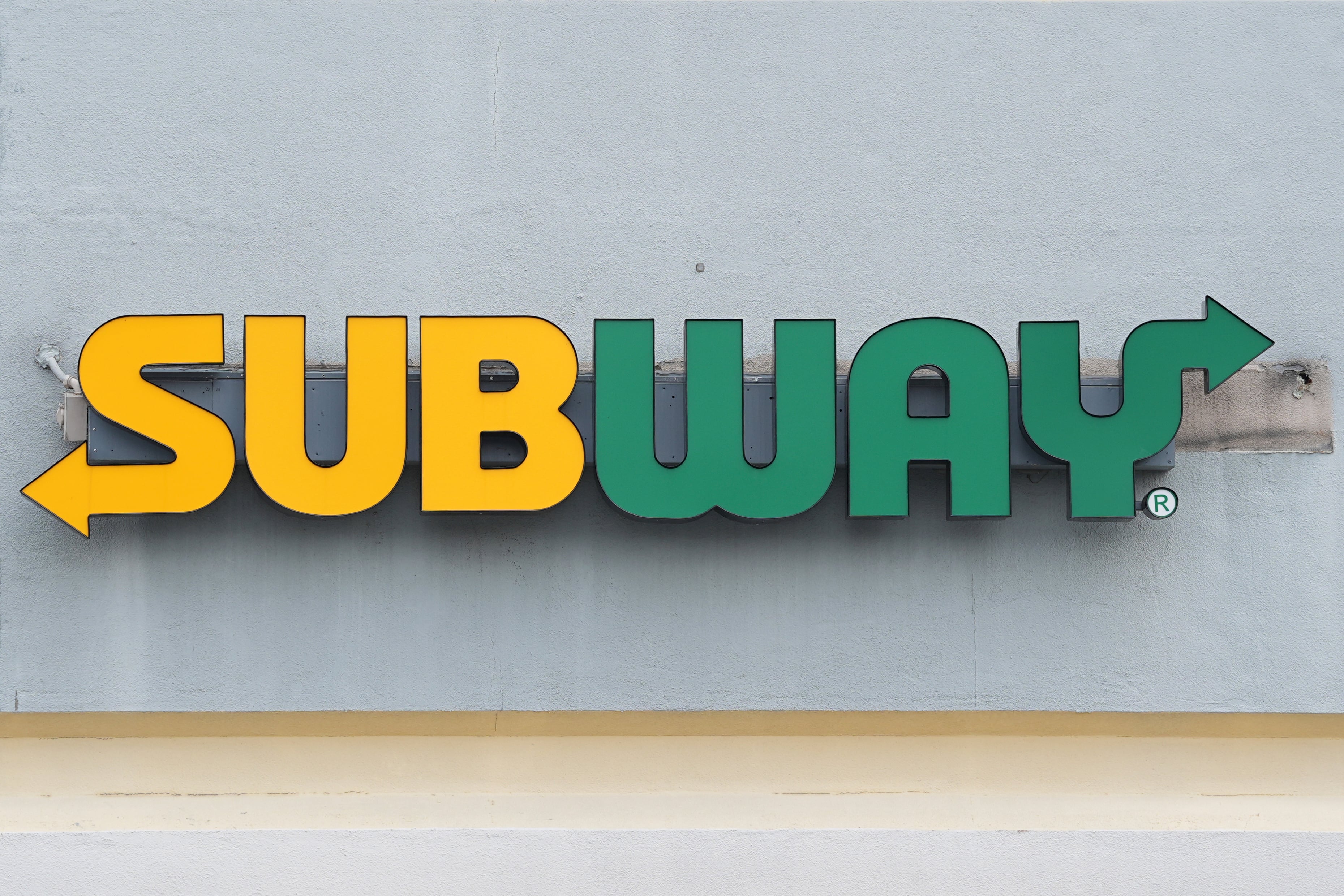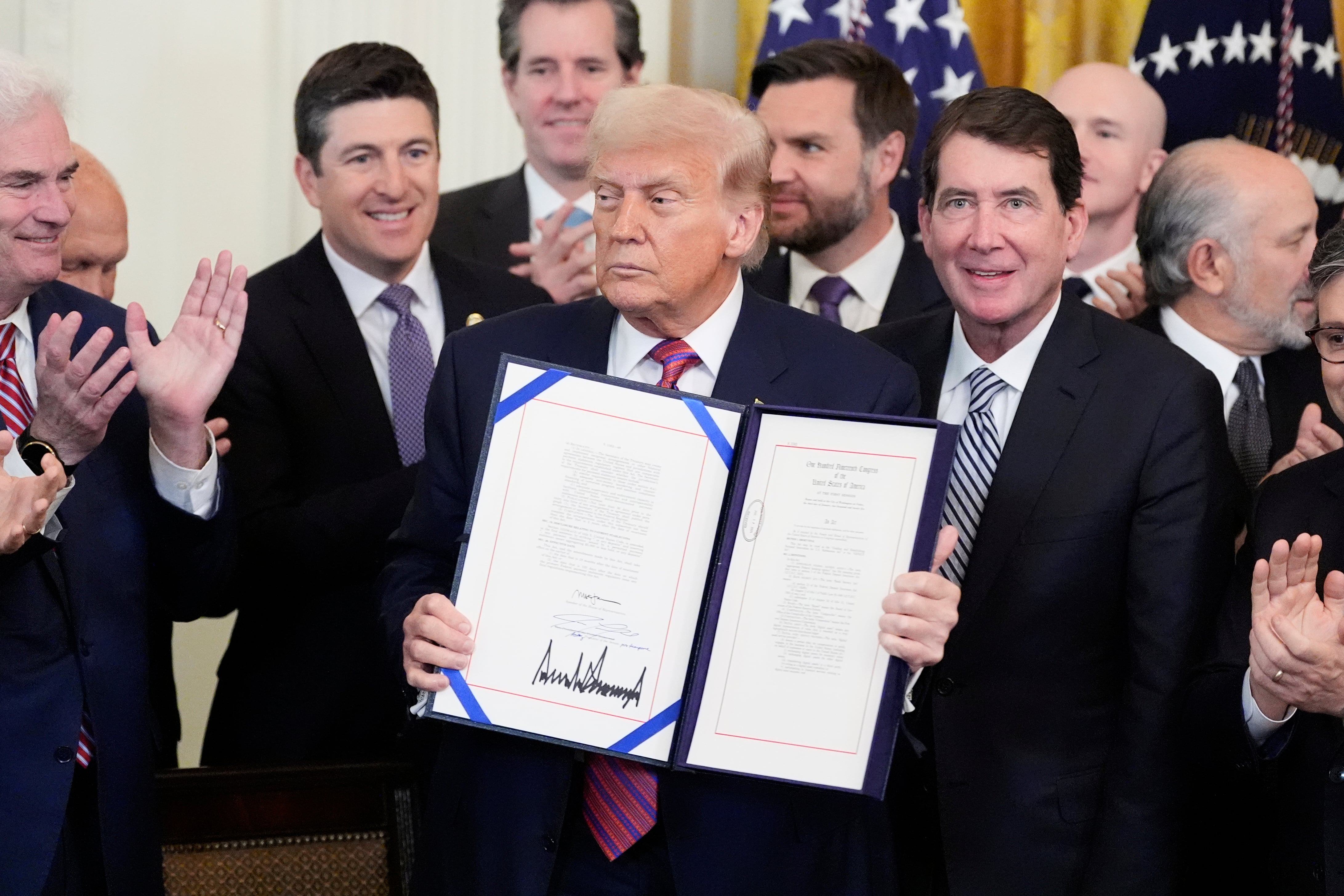*By Michael Teich* New Jersey is on track to overtake Las Vegas as the new sports betting mecca, Darren Rovell, senior executive producer at The Action Network, told Cheddar in an interview Friday. With fewer than 7 months of sports betting on its books, New Jersey is expected to hit $1.2 billion to $1.3 billion in bets by the end of the year, Rovell said. "As a comparison, Nevada is $4.7 billion," he added. "I think New Jersey and Pennsylvania will pass Nevada by 2022." Bettors in the Garden State have been piling on the wagers. New Jersey just closed out its best month ever, attracting $330.7 million in bets during the month of November. Mobile betting has been a key driving force in the growth of sports betting. Since June, 58 percent of dollars bet in New Jersey have been made digitally, and the number is climbing higher. "Seventy-two percent of New Jersey money in November was on mobile, which is a better margin than a retail sportsbook," Rovell said. DraftKings' early embrace of mobile betting put the daily fantasy sports app in a position to capture significant market share against rivals such as William Hill and FanDuel, Rovell said. The company brought in $7.1 million in gross revenue for New Jersey in November,. "They have a real database of people who are daily fantasy players or as close to gamblers as you want, and it's active," he added. The U.S. Supreme Court gave states the green light in May 2018 to legalize sports betting on individual events. Prior to the decision, Nevada was the only state where it was legal. Now, eight states have full-scale legalized sports betting: Nevada, New Mexico, Delaware, New Jersey, Mississippi, West Virginia, Pennsylvania, and Rhode Island.












